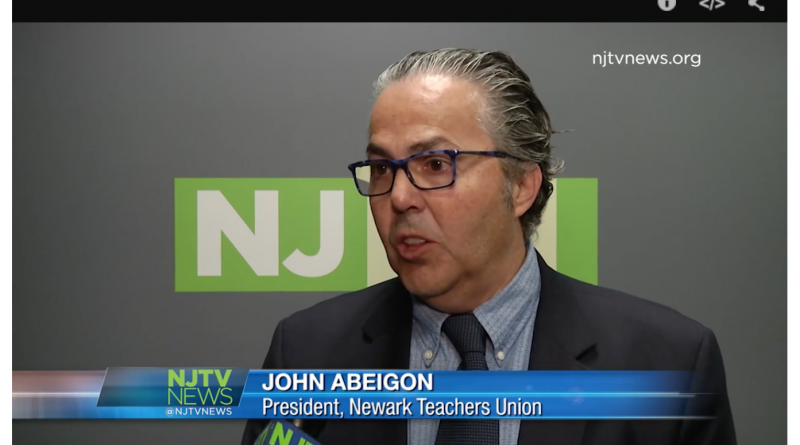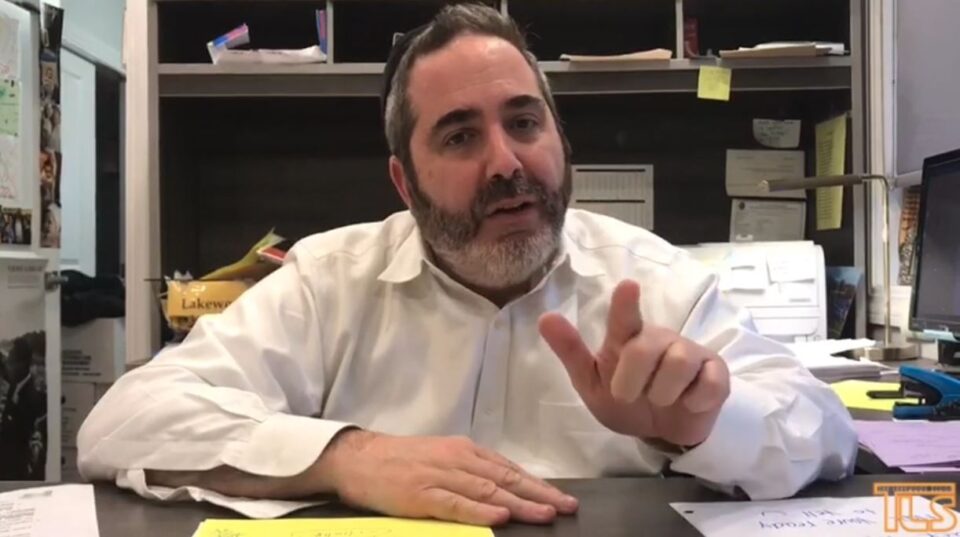Matt Katz Corrects the Record on Christie and the Common Core State Standards
December 9, 2015QOD: Marcus Winters on the Charter School “Enrollment Gap”
December 10, 2015A Response to UFT President Mike Mulgrew
Why is Michael Mulgrew in such a lather? The President of the United Federation of Teachers in New York City should be bathed in lavender, chanting yogi mantras, tranquilized by Mayor Bill de Blasio and Chancellor Carmen Farina’s “strategy” to maintain life support to chronically-failing schools in order to appease those invested in the current status-quo power structure. Yet here he is on EdWeek, blathering on about the “three wrongheaded school ‘reform’ myths” as if, somehow, Gov. Cuomo wasn’t flip-flopping on data-driven teacher evaluations and aping Chris Christie’s about-face on the Common Core, as if Gotham was under some nuclear threat by educational leaders truly committed to offering students access to high-quality schools right now.
Whatever. Mulgrew’s “three wrongheaded school reform myths” are, in a tautological twist, myths themselves. Here’s what he got wrong.
1) Merit pay: Mulgrew disparages differentiating pay among professionals (as is the case in every other profession) because linking teacher effectiveness and student outcomes is a “particularly meritless notion.” Certainly, we haven’t mastered the proper algorithms, but surely he’s aware of the mountains of research that prove that seniority is no proxy for instructional effectiveness. Unwittingly, he’s dead-set against treating teachers like professionals. And is it really fair to pay teachers willing to teach in high-needs schools the same as teachers who teach in cushy ones?
While I know this is a touchy subject, should physical education or elementary school teachers, specialities where supply vastly exceeds demand, have the same salaries as hard-to-fill positions like high school chemistry or special education?
One other thing: this leader among teachers insists that all teachers are completely unmotivated by higher salaries. He should get out more. He also says that “people for whom money is the ultimate reward—a description that fits much of the Wall Street/hedge fund “school reform” crowd—just won’t believe the truth, even when it is before their eyes.” Mike, take it from me: just like teachers, every member of the school reform crowd whom I’ve been privileged to know is in it for the kids.
2)” Scapegoating Teacher for Schools’ Poor Performance”: Mulgrew writes, “It is an axiom of the reform movement that teachers are to blame when a school is struggling, and that it is vital to get rid of a stubborn cadre of veteran instructors who can’t be fired and won’t leave.” Mr. Mulgrew, no one thinks that. School struggles are complicated, especially when they involve high-needs children like those in poverty or English Language Learners or those with disabilities. There are many elements that comprise a failing school. One of those elements is teacher proficiency and educational leadership. To argue otherwise is to chant the nonsensical and insulting anthem that teachers are interchangeable widgets on an assembly line. We know that’s not true. Great teachers are the core of student achievement.
3) “The Irrepressible Fictions of the Charter School Movement”: Mulgrew writes, “no myth in the modern school reform narrative is more pervasive than the idea that charter schools have somehow solved the riddle of public schools and poor children… The only secret that charter schools seem to have discovered is how to charm the wealthy and well-connected, and how to promote themselves to people who would rather embrace the myth than carefully weigh the facts.”
Then he goes on to list the usual suspects to explain higher student proficiency among the 95,000 children who attend one of the city’s 205 charters: they cream off top students, they cream off more motivated parents, and they enroll “less poor” students.
Certainly, just like all public schools, there are good public charters and bad public charters. Let’s agree that bad ones should be closed. Can we also agree that bad traditional schools should be closed? (I’m guessing not.)
And really, Mike, your non-myth-myths have already been widely discredited. Example: Josh Greenman at the Daily News, an editor who describes himself as agnostic about charters, writes,
The children in many of the 22 schools run by Success Academy notch test scores that are among the best in the state. The achievement gains are impressive, and they are real. You can’t hit those marks simple by forcing out low performers — unless you were to admit thousands more students, winnow 90% of them and keep only the brightest.
Finally, what would you say to the 43,000 children and their families on waiting lists? What would you say to the African-American community who tend to prefer charter schools over traditional schools, many of whom are not “wealthy and well-connected”?
Chill out, Mike. Under its current leadership, New York City is in no danger of reforming its public school system, Student outcomes and teacher iron-clad job security will stay just where they are. Take a pill.




